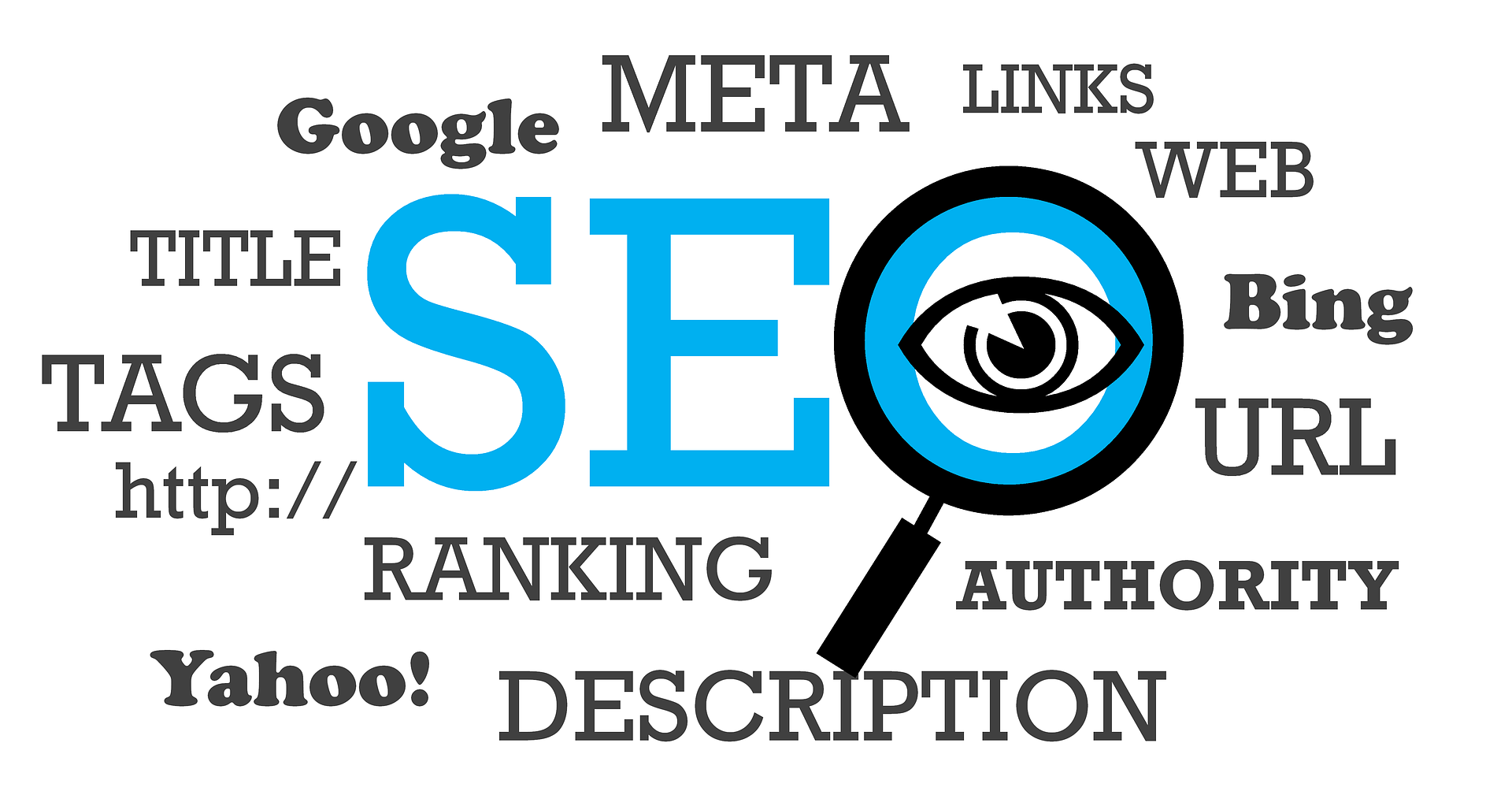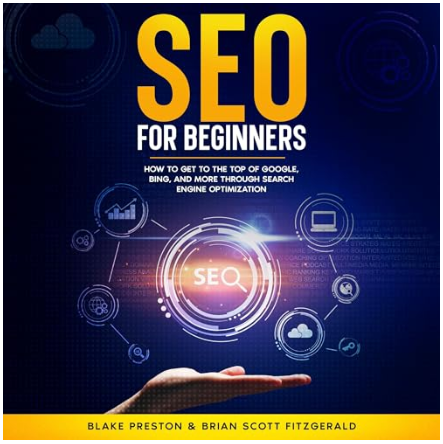Knowing how technical SEO helps a website get listed in the search engines can seem like a difficult topic to learn and skill to master. However, technical SEO is much more straightforward than many realize, and with a bit of research and willingness to learn, you can begin to master the practice and help your brand or business rank higher in search results and reach your audience more effectively.
Technical SEO is an essential step to the entire SEO process. If your technical SEO is not executed correctly, then it is likely that your entire SEO strategy will be ineffective. This is why it is vital to understand what technical SEO is and how you can get it right. The first step to understanding how technical SEO works is by understanding what exactly it is.
What is Technical SEO?
Technical SEO represents the process of optimizing your website for the crawling and indexing phase of a search. This means that your strategy effectively helps search engine spiders crawl, decipher, and index each page of your website accurately and efficiently. The primary purpose of technical SEO is to optimize the backend or infrastructure of your website.
Essentially, technical SEO is about improving the technical aspects of a website so that you can increase your ranking through search engines. Not to be confused with on-page SEO or off-page SEO, technical SEO is a strategy that focuses mainly on the elements found behind the scenes on your website in order to get higher rankings.
How Can Technical SEO Help a Website Get Listed in Search Engines?
While technical SEO does not directly refer to the content on your website (on-page SEO), you would be mistaken to think that the two are completely unrelated. Technical SEO supports your on-page content strategy while enhancing your overall SEO strategy. By making all your webpage’s content more discoverable and easier to crawl for search engines, you can better optimize your approach. It is important to remember that what is more convenient for search engines is also more convenient for your website visitors.
Through a combination of excellent, high-quality on-page SEO content, and an effective technical SEO strategy, you can lay the groundwork for a website that performs incredibly well on a search engine ranking.
Here Are a Few Ways to Improve the Technical SEO of a Website.
Strong Metadata, Meta Tags
While your on-page SEO content is written to use keyword strategies that effectively improve search engine rankings, the same logic applies to technical SEO. This means that your website’s rank can be improved by applying keyword strategies to metadata. (meta tags, page titles, meta descriptions, and header tags)
Applying a similar keyword strategy to metadata helps crawler bots understand the hierarchy established within your content. By providing more context through technical SEO, you help algorithms more confidently understand and select your website to be displayed as a relevant result for search queries that use comparable contextual keywords.
Descriptive and Compressed Images
Pictures may be worth a thousand words, but the words used to describe them are just as valuable. Any visual media displayed on your website should be of the highest quality, meaning that it has good composition, high resolution, original ownership or proper licensing, and proper context. There are additional adjustments that you can make to your images to improve their SEO optimization.
Always consider the file name before uploading any graphic or image to your site. Rather than uploading it with a default filename, rename the file to reflect something that is more keyword-oriented. This gives it a better chance of being featured in a search result snippet.
Meta copy is another way to optimize your graphics and images. After you have uploaded your file, add alt tags and meta descriptions that align with your keyword strategy.
Compression is another way to optimize your technical SEO. Sites that take longer to load and run will rank lower on a search query. For this reason, it is best to compress your images and videos for faster page loading. Just make sure to maintain a high resolution for all screen sizes.
Load Speed and Performance
The speed and performance of your website’s pages significantly improve how Google and other search engines rank your website during a search. By keeping an updated, lightweight, clean, and high-performing website, you can ensure that your efforts do not go to waste. Many common reasons for a slow site include bad scripts that delay page loads, a poorly performing hosting network, media (images and videos) that are not properly compressed, and code that is too bulky.
Developers are typically tasked with handling the technical modifications needed to improve the load speed of your website. However, there are some things that non-developers can do to improve the technical SEO of your site. There are many free tools that you can use to establish a benchmark and then diagnose page loading issues that may be the cause of a slow website.
Use an XML Sitemap
Site maps are not just for your visitors, they also help search engines know where to crawl. It is essential that you regularly check your sitemaps to ensure that there are no errors, broken links, or redirects. This is incredibly important to remember if you have just added a new page, changed the name of a page, removed a page, or are in the process of migrating content from an old site to a new one.
You can make sure that Google is aware of your sitemap by submitting it directly to Google Search Console. To keep things neat and running smoothly, you should have as few pages as possible on your website. This is particularly important for eCommerce pages that may have many product pages.
What to Expect from Technical SEO in the Future?
There are plenty of new developments affecting the future of technical SEO on the horizon. By preparing yourself and your site, you can ensure a more strategic approach to acquiring increased web traffic through organic search.
You can expect crawlers to pull more content from mobile devices and the physical location from which the queries are sent, and other content stored on devices as they send search queries. Technical SEO will continue to grow and maintain an essential role in search engine marketing. As the strategies and approaches continue to evolve and become more advanced, site and business owners can expect more value and a higher return on investment. Technical SEO will continue to help businesses convert visitors by generating new leads and helping them grow their business.




